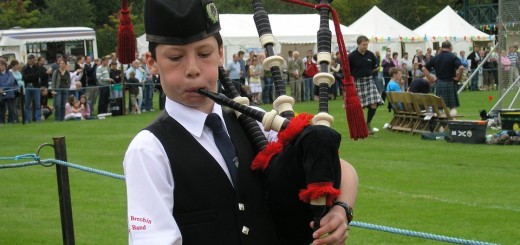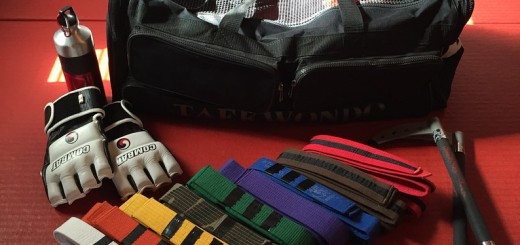Great Highland Bagpipes are a big investment, certainly in terms of money, but also in terms of the time you’ve spent learning the basics on the Practice Chanter. You want to get the most for your money. Here are some tips.
Choose a quality supplier. Avoid auction sites like E-bay and non-bagpipe sellers like Amazon.com. Talk to an established piper to see who they recommend. With bagpipes you get what you pay for. Often the cost of money saved is frustration and/or poor sound. Check out a bagpipe forum like BobDunsire.com to see what pipers are talking about in terms of equipment.
Talk to the supplier. These days its easy to just click the “buy” button, but you should avoid doing this when buying bagpipes. Bagpipes are composed of many pieces and parts. There are a myriad of choice to make to include type of bag, bag size, type of drone reed, type of moisture control system, etc. The supplier can help you make good choices to ensure that your instrument is as comfortable and playable as possible. Some suppliers offer showrooms. If possible “test-driving” a set of pipes would be ideal, but at the very least you should build a relationship with your dealer over the phone.
Here’s a list of the basic items all pipers should have in their cases:
Things to buy with your pipes
- A bagpipe case
- Spare chanter reed(s)
- Dry-stock (cap for the top of the chanter to protect the reed)
Other things
- Pencil box or tackle box with dividers for holding small items
- Razor knife for cutting hemp, shaving reeds, etc
- Tape for tuning the chanter (spike-tape is best but electrical tape will do)
- Zip ties for fastening drone cords
- Scissors for cutting tape, zip-ties, etc
- Pencil for writing on music
- 1/4 inch surgical tubing for making bite guards for the blow-stick
- A towel to keep the pipes from jostling in the case and to wipe-down wet pipes



